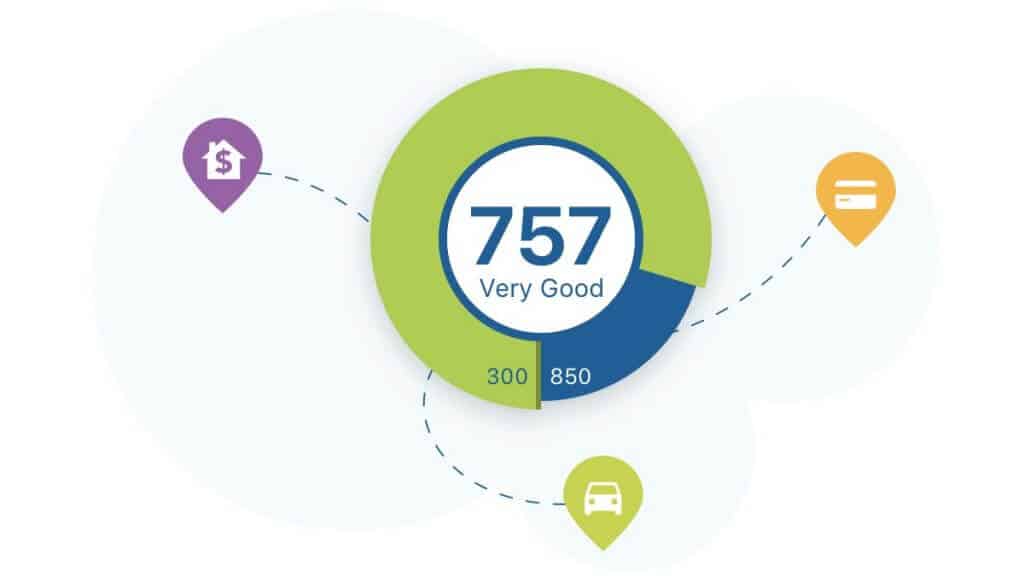Do you plan on owning a home? Do you have enough funds to buy the property in cash? It doesn’t matter if you have the money to pay for a house upfront. But, if taking out a mortgage makes financial sense, we suggest considering a suitable lender.
A mortgage is a loan you take to buy a property, be it your home or not. Collateral is often part of any loan, so in this case, the property you’re planning to buy is the collateral for your mortgage. A mortgage requires a down payment and future payments at agreed intervals and amounts, which will accrue interest.
6 Ways to Save On Mortgage Interest
Did you know it’s possible to save money on your mortgage? How, you might wonder, especially as a first-timer. This post gives tips and tricks to do this; read on to learn more.
You can save money on your mortgage by doing the following:
Finding The Best Mortgage Rate

In business, you’ll find vendors selling similar products at different rates. The same happens with mortgages. Therefore, it’s best to compare rates from several lenders.
Start by researching the lenders that can approve your desired loan amount. For example, New Zealanders can compare rates here. And don’t forget, you’re always welcome to consider other lenders. Don’t forget to check the terms and conditions of each mortgage offer. For example, you might encounter a low-interest-rate lender with unfavorable terms and conditions.
Look for a lender who offers you the lowest mortgage rates and whose conditions are favorable.
Making A Large Down Payment
The introduction mentioned that a mortgage requires a down payment. In general, the more you put down, the lower your interest rate will be – to a point.
Suppose you want to buy a house that costs $500,000. Mortgage lenders offer a 5-year loan with a 6.1% interest rate per annum amortized over 25 years. This means the lender requires you to clear the debt or refinance it in five years; however, the payments are based on a 25-year repayment schedule.
Borrower 1 puts a down payment of 10%, or $50,000. At the end of the mortgage term, they’ll have a balance of $404,832.99 to clear. They’ll have paid $45,167.01 in principal, and $129,188.94 in interest, for a total of $174,355.95.
Borrower 2 places a 20% down payment of $100,000. In this case, the lender assumes the loan is a lower risk and offers a lower rate of 5.5%. In this case, at the end of the term, borrower 2 will have paid $43,250.00 in principal, and $103,243.96 in interest, for a total of $146,493.96 in a balance of $356,750.00 to clear.
Result? By placing a higher down payment, borrower 2 saved $25944.98 in interest costs over the same 5-year term.
Working On Your Credit Score

A credit score determines the creditworthiness of a customer. Lenders use this score to determine the interest rate they’ll charge you on your mortgage. If you have a poor credit score, expect to pay higher interest rates. The lender will interpret the low score as you being a high-risk client.
As a result, you can save money on your mortgage by boosting your credit score to good or excellent. You’ll pay low-interest rates, which is the end goal.
Making Extra Debt Payments
If you have any other loans (Think student loans, credit cards, etc.), mortgages or not, it’s always advisable to clear them as soon as possible. Doing so may reduce the interest rates offered by the lender. One way to clear your debt faster is by increasing your payments.
For example, if you make $2,000 monthly debt payments, increase it to $3,000 if your finances allow it. This way, you’ll finish your debts faster, reducing the interest rate you pay.
Refinancing
Economies change regularly; at times, interest rates are high, and at other times low. Interest rates have a significant impact on your mortgage. If you take out a mortgage when interest rates are high, the payment will be high; the reverse applies.
However, suppose after a year you bought your home, mortgage interest rates are now lower. In this case, you can refinance your mortgage. Refinancing means you’ll take a loan to pay for your pre-existing mortgage balance. It’ll eliminate or reduce your previous mortgage with a higher interest rate and perhaps a longer term. In the end, you’ll be left paying off the loan at a lower interest rate, thanks to the changing economic times. It’s much cheaper, saving you money. For example, a 1% reduction in interest on a $400,000 mortgage equates to a $19224.91 savings in interest over a five-year term.
Offsetting Your Mortgage
Unlike refinancing, where you take out a loan to pay the mortgage, offsetting your mortgage means you’ll use your savings to pay part of your mortgage balance,
The end goal of mortgage offsetting is to reduce the interest payable on the balance. If you have a mortgage balance of $400,000, and your savings offset $30,000, your balance is $370,000. Over a five-year term and a 6.1% interest rate, a borrower could save as much as $8612.60 in interest.
Nonetheless, it’s important to note that not all lenders will allow borrowers to offset their mortgage.
Conclusion
A mortgage is one of the stepping stones to achieving your dream home. And while dream homes tend to be expensive, it doesn’t mean your mortgage has to be expensive as well.
We hope you enjoyed the tips on saving money with your mortgage while still getting your dream home. Implementing these tips will mean paying less interest making it difficult to regret.

